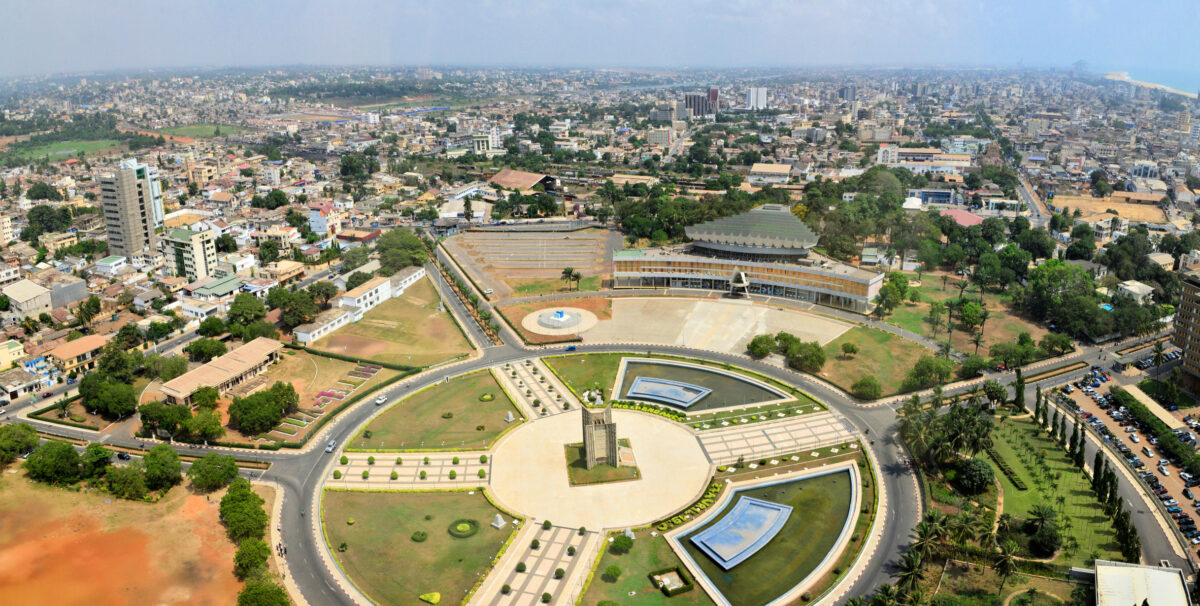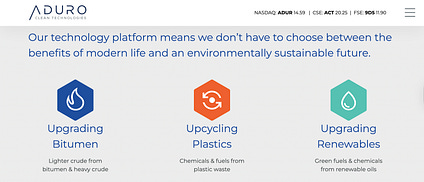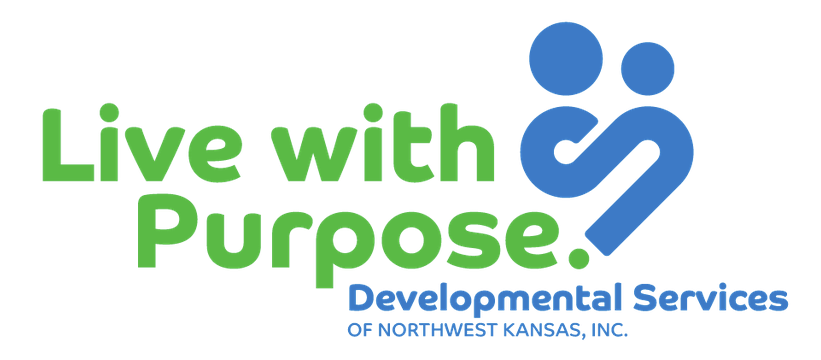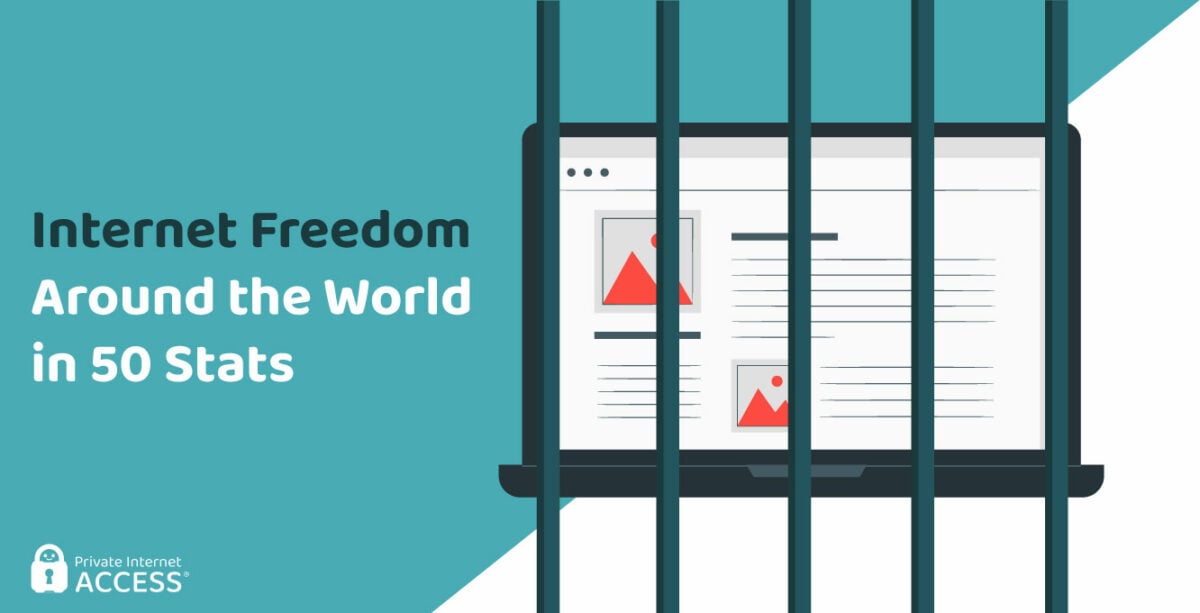Togo: Masterclass on Climate Resilient Infrastructure Public-Private Partnerships – Global Center on Adaptation

Report on the Masterclass for Climate Resilient Infrastructure and Sustainable Development Goals
1.0 Executive Summary
- Event: Masterclass on Climate Resilient Infrastructure Public-Private Partnerships
- Date: 25-27 November 2025
- Location: Lome, Togo
- Organizers: Global Center on Adaptation (GCA), World Bank, International Coalition for Sustainable Infrastructure (ICSI)
- Primary Objective: To build capacity for integrating climate resilience into infrastructure Public-Private Partnerships (PPPs), directly supporting key Sustainable Development Goals (SDGs).
2.0 Alignment with Sustainable Development Goals (SDGs)
The masterclass is strategically designed to advance several SDGs by focusing on the development of sustainable and resilient infrastructure, which is fundamental to achieving the 2030 Agenda.
- SDG 9 (Industry, Innovation and Infrastructure): The core focus is on building resilient infrastructure, a primary target of this goal. The program provides tools to develop quality, reliable, sustainable, and resilient infrastructure to support economic development and human well-being across Africa.
- SDG 13 (Climate Action): By teaching methods for conducting climate risk assessments and identifying adaptation options, the masterclass directly contributes to strengthening resilience and adaptive capacity to climate-related hazards and natural disasters.
- SDG 11 (Sustainable Cities and Communities): The emphasis on resilient infrastructure, including a special focus on Road Asset Management Systems (RAMS), is critical for making cities and human settlements inclusive, safe, resilient, and sustainable in the face of climate change.
- SDG 17 (Partnerships for the Goals): The event’s collaborative nature, involving GCA, the World Bank, and ICSI, and its focus on Public-Private Partnerships (PPPs), exemplifies the multi-stakeholder partnerships required to mobilize and share knowledge, expertise, and technology to support the achievement of the SDGs.
3.0 Program Objectives and Curriculum
The three-day program aims to provide participants with practical guidance and theoretical frameworks to enhance the climate resilience of infrastructure investments, ensuring they contribute positively to sustainable development.
3.1 Key Learning Objectives
- To understand and apply key concepts for strengthening infrastructure resilience to climate change.
- To gain practical skills in conducting climate risk assessments and identifying viable adaptation options.
- To integrate climate resilience considerations throughout the entire PPP project lifecycle.
- To design, evaluate, and implement climate-smart infrastructure projects that align with national and global sustainability targets.
3.2 Curriculum Overview: The PPP Project Lifecycle
- Project Identification and Appraisal: Integrating climate risk and resilience from the earliest stages of project development to align with SDG 13.
- Tendering and Procurement: Incorporating climate resilience criteria into tender documents and evaluation processes to ensure sustainable outcomes.
- Contract Management: Ensuring long-term resilience and adaptation through effective contract management and monitoring, supporting the durability required by SDG 9.
- Special Focus Module: A dedicated session on integrating climate resilience into Road Asset Management Systems (RAMS), crucial for transport infrastructure under SDG 9 and SDG 11.
4.0 Methodology and Expected Outcomes
The masterclass will employ an interactive methodology to ensure practical application of knowledge, fostering a new generation of leaders capable of delivering sustainable infrastructure.
- Methodology: The curriculum will be delivered through interactive modules, group exercises, and analysis of case studies. Insights will be shared by guest speakers and instructors from GCA and ICSI on financing mechanisms, policy alignment, and partnerships.
- Expected Outcomes: Participants will be equipped with the enhanced ability to develop and manage infrastructure projects that are not only financially viable through PPP models but are also resilient to climate impacts, thereby contributing directly to the achievement of the 2030 Agenda for Sustainable Development in Africa.
1. Which SDGs are addressed or connected to the issues highlighted in the article?
The article on the “Masterclass on Climate Resilient Infrastructure Public-Private Partnerships” in Togo connects to several Sustainable Development Goals (SDGs) due to its focus on infrastructure, climate change adaptation, and collaborative partnerships.
- SDG 9: Industry, Innovation and Infrastructure: The core theme is the development of resilient infrastructure, which is central to this goal.
- SDG 11: Sustainable Cities and Communities: The focus on resilient infrastructure, particularly Road Asset Management Systems, is crucial for creating safe and sustainable human settlements.
- SDG 13: Climate Action: The entire masterclass is designed to address climate change by building adaptive capacity and strengthening resilience in infrastructure projects.
- SDG 17: Partnerships for the Goals: The event itself is a collaboration between multiple organizations (GCA, World Bank, ICSI) and promotes Public-Private Partnerships (PPPs) as a key mechanism for achieving its objectives.
2. What specific targets under those SDGs can be identified based on the article’s content?
Based on the article’s content, the following specific targets can be identified:
SDG 9: Industry, Innovation and Infrastructure
- Target 9.1: “Develop quality, reliable, sustainable and resilient infrastructure… to support economic development and human well-being.” The article directly addresses this by focusing on how to “integrate climate resilience considerations into the design, development, and management of infrastructure projects” and “strengthen the resilience of infrastructure investments to climate change.”
- Target 9.a: “Facilitate sustainable and resilient infrastructure development in developing countries through enhanced financial, technological and technical support…” The masterclass, held in Togo, is a form of technical support and capacity building. It also mentions sharing insights on “financing mechanisms… to support sustainable, climate-smart infrastructure delivery across Africa.”
SDG 11: Sustainable Cities and Communities
- Target 11.b: “…adopting and implementing integrated policies and plans towards… adaptation to climate change, resilience to disasters…” The masterclass provides practical guidance on “conducting climate risk assessments” and “integrating resilience throughout the PPP project lifecycle,” which are essential components of integrated plans for climate adaptation.
SDG 13: Climate Action
- Target 13.1: “Strengthen resilience and adaptive capacity to climate-related hazards and natural disasters in all countries.” The program’s objective is to “strengthen the resilience of infrastructure investments to climate change” by teaching participants how to identify “adaptation options.”
- Target 13.3: “Improve education, awareness-raising and human and institutional capacity on climate change… adaptation, impact reduction…” The three-day masterclass is an explicit capacity-building exercise designed to enhance participants’ “ability to design, evaluate, and implement climate-resilient infrastructure projects.”
SDG 17: Partnerships for the Goals
- Target 17.17: “Encourage and promote effective public, public-private and civil society partnerships…” The event’s title and content are centered on “Public-Private Partnerships (PPPs).” The collaboration between the Global Center on Adaptation (GCA), the World Bank, and the International Coalition for Sustainable Infrastructure (ICSI) to host the event is a direct example of such a partnership.
3. Are there any indicators mentioned or implied in the article that can be used to measure progress towards the identified targets?
The article does not mention specific quantitative indicators, but it implies several process-based and capacity-building indicators that align with the official SDG framework:
Implied Indicators
- For Targets 9.1 and 13.1: The article’s focus on “conducting climate risk assessments” and integrating resilience into “Road Asset Management Systmes (RAMS)” implies the adoption of national or local strategies for disaster risk reduction. Progress could be measured by the number of infrastructure projects that have undergone formal climate risk assessments before implementation. This relates to indicator 13.1.2 (Number of countries and local governments that have adopted and implemented local disaster risk reduction strategies).
- For Target 13.3: The masterclass itself is an indicator of progress. The number of professionals (participants) trained in designing and implementing climate-resilient infrastructure serves as a direct measure of enhanced human capacity. This aligns with indicator 13.3.2, which tracks the strengthening of institutional and individual capacity-building for climate action.
- For Target 17.17: The promotion of Public-Private Partnerships for resilient infrastructure implies a need to track these collaborations. An indicator would be the number and value of PPP projects initiated for climate-resilient infrastructure following such capacity-building events. This connects to the spirit of indicator 17.17.1 (Amount of United States dollars committed to public-private and civil society partnerships).
4. Create a table with three columns titled ‘SDGs, Targets and Indicators” to present the findings from analyzing the article.
| SDGs | Targets | Indicators (Implied from the article) |
|---|---|---|
| SDG 9: Industry, Innovation and Infrastructure | 9.1: Develop quality, reliable, sustainable and resilient infrastructure. 9.a: Facilitate sustainable and resilient infrastructure development in developing countries. |
Number of infrastructure projects incorporating climate resilience considerations and risk assessments. |
| SDG 11: Sustainable Cities and Communities | 11.b: Adopt and implement integrated policies and plans for inclusion, resource efficiency, and climate change adaptation. | Existence of integrated resilience planning throughout the infrastructure project lifecycle (from appraisal to management). |
| SDG 13: Climate Action | 13.1: Strengthen resilience and adaptive capacity to climate-related hazards. 13.3: Improve education and human/institutional capacity on climate change adaptation. |
Number of professionals trained on climate-resilient infrastructure design and implementation. |
| SDG 17: Partnerships for the Goals | 17.17: Encourage and promote effective public, public-private and civil society partnerships. | Number of Public-Private Partnerships (PPPs) formed to develop and manage climate-resilient infrastructure. |
Source: gca.org
What is Your Reaction?
 Like
0
Like
0
 Dislike
0
Dislike
0
 Love
0
Love
0
 Funny
0
Funny
0
 Angry
0
Angry
0
 Sad
0
Sad
0
 Wow
0
Wow
0














































































